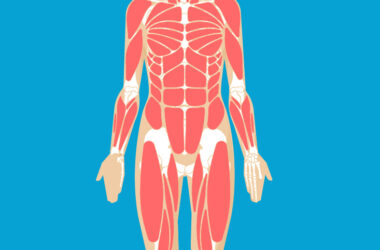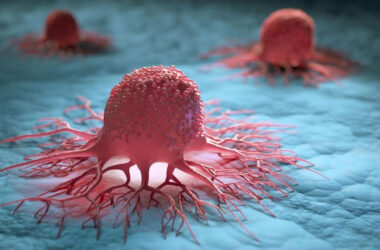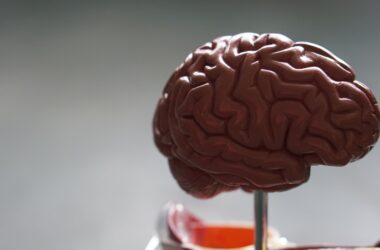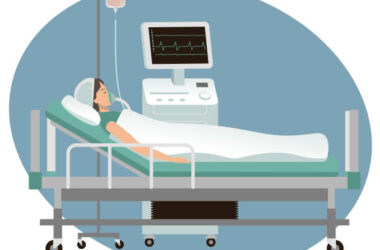Most people are aware of the crucial role muscles play in keeping us alive and moving us around.What might be surprising to some, however, is that muscles also secrete hormones that affect the brain. The connection between these seemingly distinct organs led a team of researchers at the Research Institute[Read More…]
Research Briefs
A new immunocellular therapy at our doorstep
According to the Canadian Cancer Society, nearly 7,000 Canadians will be diagnosed with leukemia this year with a mortality rate of nearly 50 per cent. Similarly, over 10,000 will be diagnosed with non-Hodgkin’s lymphoma—a specific type of cancer that causes lymphocyte cells to develop abnormally. Many research institutions across the[Read More…]
The secrets beneath our skin
Skincare is a focal point in the beauty and wellness industry. One cannot scroll through TikTok or Instagram without seeing Reels promoting various skincare products and regimens. The importance of proper skin health, however, goes deeper than beauty. From 2008 to 2018, there has been a 44 per cent global[Read More…]
Mapping concussion symptoms in the brain
Concussions affect more than 200,000 Canadians each year, but, despite the injury’s prevalence, patients with the same symptoms often respond to the same treatment differently. This is why some children and adolescents who suffer concussions recover in a few weeks, while others may suffer symptoms lasting several months or even[Read More…]
McGill study finds anti-inflammatory drugs may lead to chronic pain
Pain is one of the most common reasons why people seek medical attention. The most popular medications people reach for when experiencing pain are anti-inflammatory drugs, such as ibuprofen—also known as Advil. But according to a new study led by Dr. Luda Diatchenko, a renowned pain researcher and professor of[Read More…]
A killer menu: How climate change is modifying orca diets
If you’re thinking of going killer whale watching this summer, you might have a harder time than usual catching a glimpse of those famous black-and-white tail flips. Climate change is driving killer whales north, further into the Arctic Circle, triggering a cascade of disturbances within the Arctic marine ecosystem. Scientists,[Read More…]
Excavating Earth’s history through ancient rock formations
Scaling mountainous terrain or keeping an eye out for grizzly bears and moose while wading through the flowing rivers of the Yukon may not seem typical of academic work. But these were only some of the many challenging conditions McGill researchers endured while conducting a recent study looking at oxygen[Read More…]
Predicting coma outcomes with a high level of accuracy
Treating unconscious patients is a real challenge for physicians. For example, when treating patients with brain injuries, doctors and family are often faced with the decision of either pursuing aggressive treatment or switching to an end-of-life care approach. However, because patients are often unable to communicate, making such decisions is[Read More…]
Just one lifetime away: Mapping climate change beyond the year 2100
The year 2100 has frequently served as a benchmark for climate health projections. Yet, more than half a century has passed since 2100 was first used as a horizon, and the year is no longer a marker of an abstract and dystopian future, but rather a time that will be[Read More…]
The ebb and flow of fish biomass over the decades
The oceans once held what humans considered to be a limitless supply of fish—populations were so abundant that it was nearly inconceivable that the waters would ever run out. That viewpoint was challenged in the ‘80s and ‘90s as overfishing caused fish stocks in the North Atlantic to rapidly collapse. [Read More…]















